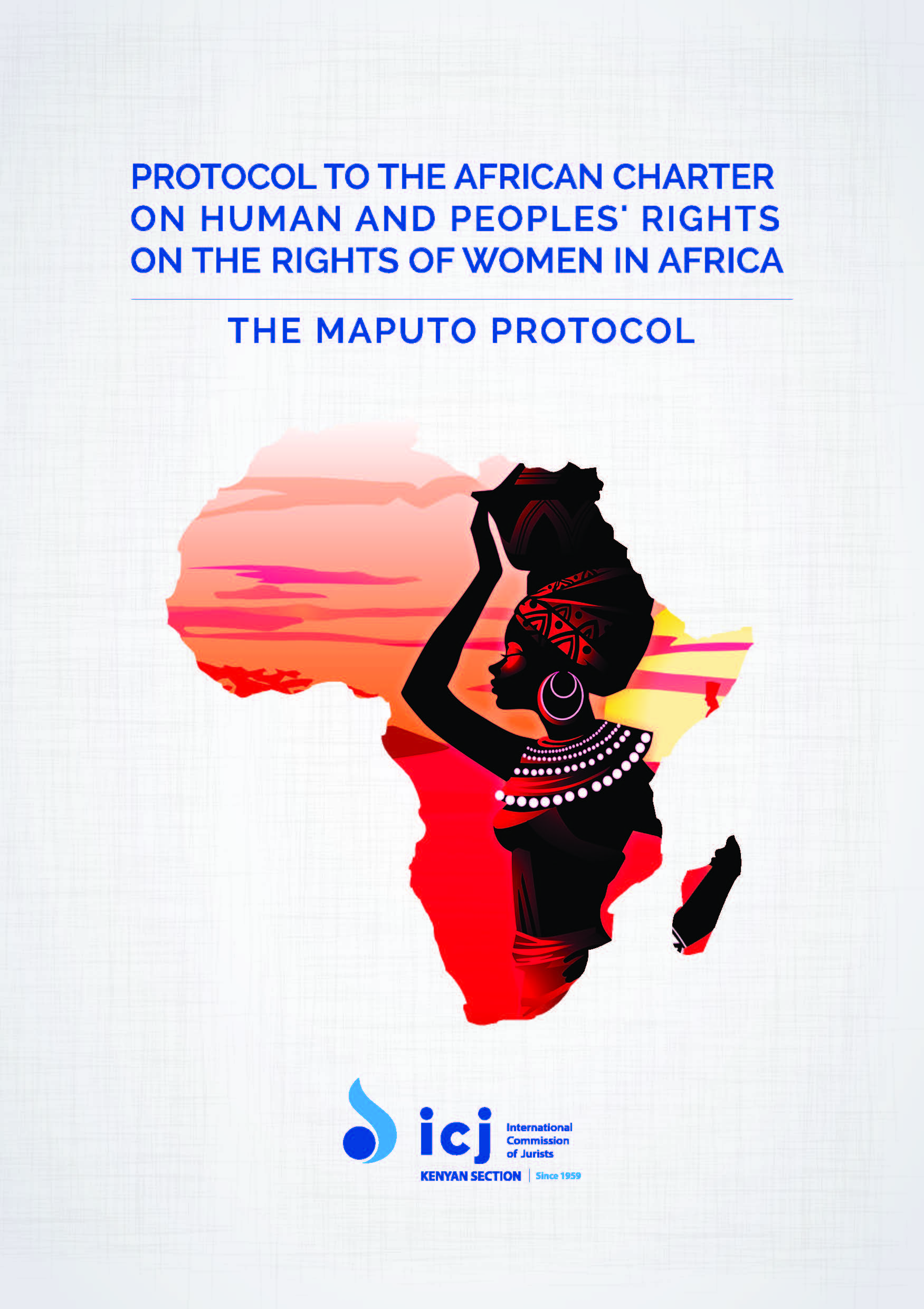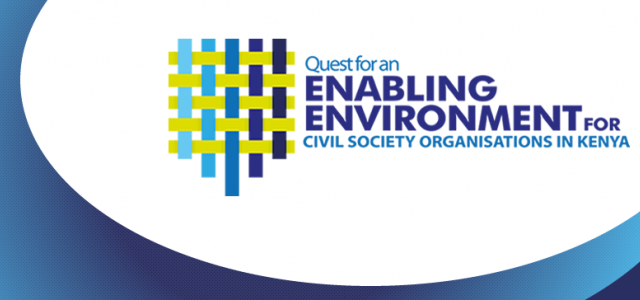Nairobi Kenya May 2017: ICJ Kenya is undertaking a project that seeks to strengthen the judicial implementation of the Protocol to the African Charter on Human and People’s Rights on the Rights of Women in Africa (Maputo Protocol). The specific objectives are to strengthen the technical capacities of judicial officers in East Africa on interpretation and application of the Protocol, to support increased women representation in regional judiciaries and to enhance general awareness on the relevance of the Protocol.
ICJ Kenya recognizes the unique role that Judges and Magistrates play as actors in the judicial system, as duty bearers; leaders; interpreters of national, regional and international laws; and champions of human rights and the rule of law. At the same time, it notes that special role that women play within the judiciaries, in similar or comparable capacities to their male counterparts, and the need to strengthen their contribution to the administration of justice. However, in order to design interventions targeting gender equality and empowerment within judiciaries, it is important to review the profile and status of women within judiciaries in East Africa. As such, ICJ Kenya has commissioned a research on the on the Profiles and Status of Women in Judiciaries in East Africa. The overall objective of the study will be to provide an indicative status of the level of gender equality within the regional Judiciaries.
The research will focus on the on the Profiles and Status of Women in Judiciaries in East Africa. The overall objective of the study will be to provide an indicative status of the level of gender equality within the regional Judiciaries with a view to increase understanding of the roles played by women in regional judiciaries and to motivate and inform policy makers to commit to invest in gender equality within regional judiciaries.
The Protocol to the African Charter on Human and Peoples’ Rights on the Rights of Women in Africa, (the Maputo Protocol), was adopted on July 11, 2003 to complement and strengthen the articles of the African Charter related to the protection and promotion of women’s rights. It is an important instrument of reference given its broad provisions that seek to protect the rights of women, and it is a symbol of the commitment of African States’ to end discrimination, violence, gender stereotypes against women and other violations against women.
Thirty-six countries had ratified the protocol, including all states in Eastern Africa region save for Eritrea, Ethiopia, Sudan, and South Sudan. Moreover, the Constitutions, statutes and policies of the various East African countries, and a number of regional and international instruments including the Universal Declaration of Human Rights, Convention on the Elimination of All Forms of Discrimination against Women (CEDAW) and Declaration on the Elimination of Violence against Women affirm the protection of the rights of women. More importantly, they assure women of equal rights with men in every sphere and emphasize affirmative action to remedy past inequalities suffered by women. Further, they require states to put in place administrative, legal, policy and institutional measures to promote and protect women’s rights.










